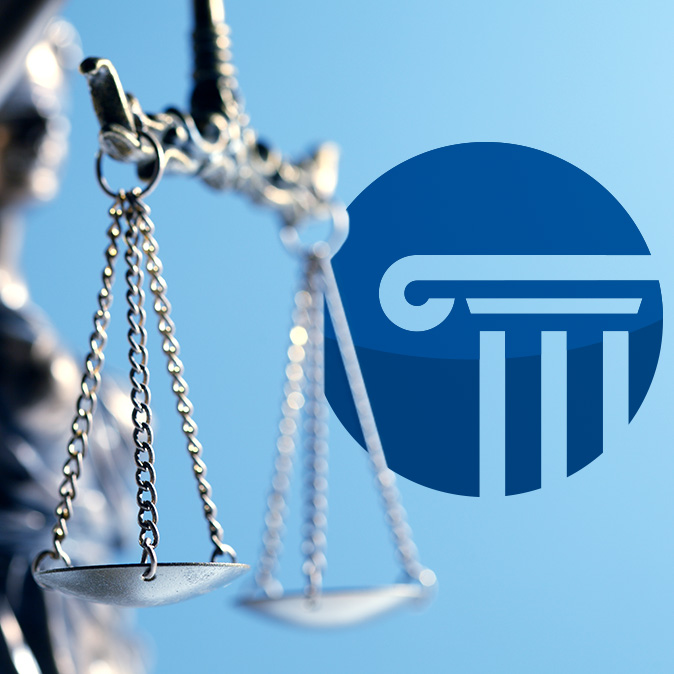
Jacksonville Wage Garnishment Lawyer
Protecting Your Wages from Creditors in Florida
If you are behind on your bills, you are not alone. Many people are struggling to keep their heads above water in these difficult times. Unfortunately, creditors are quick to take legal action to get what they are owed. If you have had a wage garnishment issued against you, you need to take immediate action to protect your wages.
At The Law Offices of David C. Meltzer, PLLC, we can help you file an objection to prevent a wage garnishment from being issued. We can also help you file for bankruptcy in order to stop all collection efforts. Once you file for bankruptcy, the automatic stay will go into effect and prevent any further collection efforts. Once you file for bankruptcy, you will have time to reorganize your finances, negotiate with creditors, and develop a debt repayment plan.
If you are ready to put an end to wage garnishments and creditor harassment, contact The Law Office of David C. Meltzer, PLLC for a free consultation. We serve clients in Jacksonville, Jacksonville Beach, Atlantic Beach, Neptune Beach, Ponte Vedra, Saint Johns, and the surrounding areas.
How to Stop Wage Garnishment in Florida
If you have had a wage garnishment action issued against you, you need to take immediate action. If you are served with a garnishment, you have the right to file an objection to prevent the garnishment from being issued. To successfully file an objection, you must be able to prove that the debt that is being garnished is not yours or that you do not have enough disposable income to pay off the debt.
To successfully file an objection, you must:
- Provide proof that the debt that is being garnished is not yours or that you do not have enough disposable income to pay off the debt
- Provide proof that the debt was created by a bank or credit card company error
- Provide proof that the creditor has not made an attempt to contact you to resolve the debt
- Provide proof that you are financially unable to pay the creditor at the present time
Once you file for bankruptcy, the automatic stay will go into effect and prevent any further collection efforts. Once you file for bankruptcy, you will have time to reorganize your finances, negotiate with creditors, and develop a debt repayment plan.



Guidance. Experience. Compassion.
Reviews & Testimonials
Hear what clients are saying about The Law Office of David C. Meltzer, PLLC
-
Made the Process Simple
“I can't say enough positive things about Meltzer Law office.”- Shelly

The Law Office of David C. Meltzer, PLLC Is The Right Choice to a Fresh Start

Learn More About Bankruptcy & Foreclosure
Frequently Asked Questions
-
Bankruptcy is legal process in which a debtor seeks an order of relief from the bankruptcy court. In Layman’s’ terms when someone files bankruptcy, they are asking the court for legal protection from their creditors. This legal protection could be a discharge of debts they are unable to pay or it could be additional time to repay a secured debt. Debtors who pass the means test or do not have a regular source of income are eligible for a discharge under chapter 7 of the bankruptcy code. A discharge is a federal court order that prevents creditors from attempting to collect on a debt. Individuals and Corporations can both file chapter 7 bankruptcy, however only individual debtors can receive a discharge. The most significant issues that arise in chapter 7 bankruptcy cases are the loss of property and the possibility of the court denying your discharge. Very few debtors are denied a discharge by the bankruptcy court.
-
A discharge is typically entered toward the end of a bankruptcy case and is an order signed by a Federal Judge. This order states that the person who filed bankruptcy no longer has any obligation to pay certain debts that were included in the bankruptcy.
-
Almost all debts are dischargeable. Student loans, most taxes, and Domestic Support Obligations cannot be discharged. As a general rule all other kinds of debts are dischargeable.


